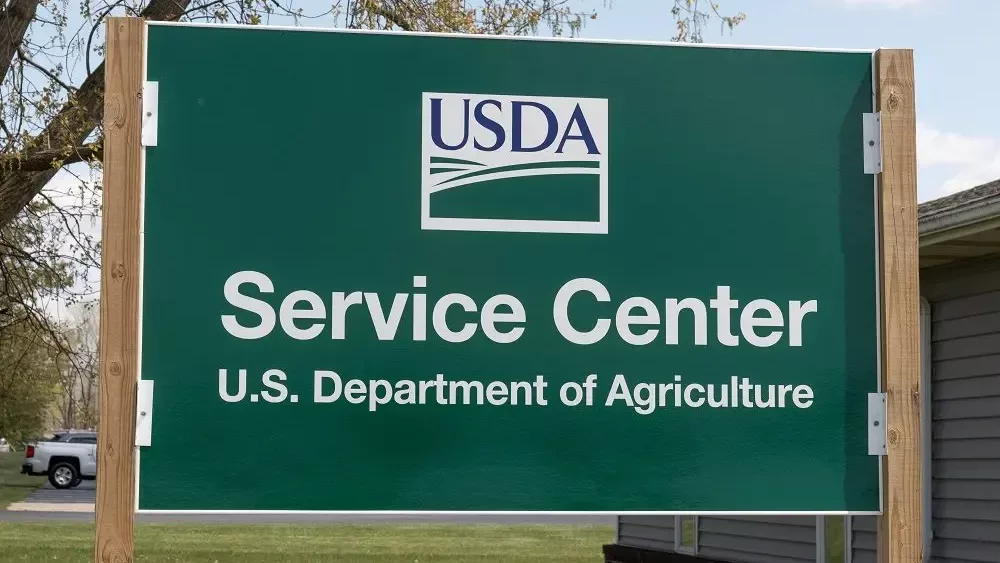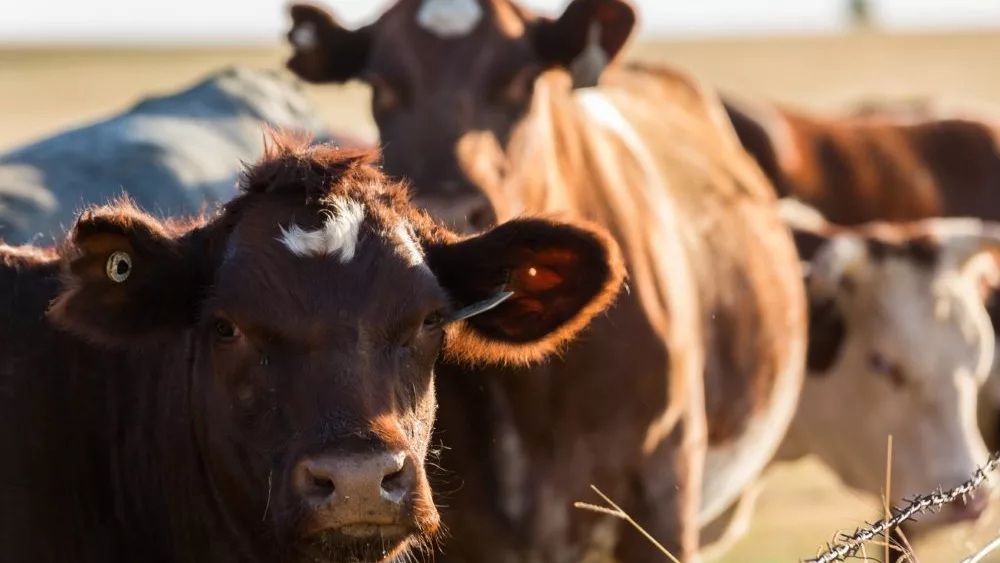
The American Farm Bureau Federation and 30 U.S. produce industry organizations on July 28 urged Congress to provide additional resources to assist growers in protecting their workforce from COVID-19.
In a letter to Senate Majority Leader Mitch McConnell, Senate Minority Leader Chuck Schumer, Speaker of the House Nancy Pelosi, and House Minority Leader Kevin McCarthy, the organizations requested additional access and resources for farmers to allow testing for farmworkers, priority access to PPE supplies, and access to vaccine and/or medicines once available.
According to Michigan Farm Bureau national legislative counsel, John Kran, the organizations also requested additional federal funding to assist with quarantine workers who contract COVID-19 and to isolate individuals who have been exposed to the virus.
“The letter notes the financial losses farmers have experienced due to COVID-19 market disruptions and the need for financial backing to help offset the expenses associated with COVID-19 mitigation practices,” Kran said.
“The U.S. produce industry has already lost billions of dollars to the pandemic, largely due to the early collapse and slow recovery of the foodservice sector, and it continues to endure billions in losses every month during the COVID-19 crisis,” he added.
The funding request would assist in covering costs to practices include securing additional housing, testing employees, retrofitting facilities to promote social distancing, and providing employees with masks, gloves, sanitizers, and cleaning supplies, according to Kran.
The letter to congressional leaders noted while businesses and schools have been shuttered across the country to slow the spread of the virus, U.S. farms were deemed essential and asked to continue feeding the American people.
“Vital to these efforts have been the hardworking, skilled men and women who grow, harvest, and ship our food – the farmworkers,” the letter stated. “Collectively, we represent farmers who grow the majority of our nation’s fruits, vegetables and tree nuts. They place the highest priority on the health and safety of their employees, taking extraordinary measures to insulate their employees from the risks of exposure to COVID-19.”
The organizations also noted countless U.S. farms have adopted best practices including social distancing, enhanced hygiene, disinfection and sanitation procedures, COVID-19 worker training, and the use of Personal Protective Equipment.
“As the COVID-19 crisis continues to evolve, and despite the good faith effort being exhibited throughout the U.S. produce industry, the reality is that just as every other segment of our economy and society have experienced confounding cases of transmission, no perfect solution exists that will keep food on American tables while completely avoiding transmission of this virus to our workers,” the organizations said.
“That is our goal, but as farmers continue to adapt their COVID-19 assessment and control plans to the latest public health guidance, more support from Congress will be required to approximate that mark.”
The letter also noted the challenge of accessing adequate COVID-19 testing venues for farmworkers. While some farms have been fortunate to find available tests and are paying for their workers to be tested, many rural parts of the country are experiencing difficulties to find tests for potentially hundreds of workers, and test results are often delayed.
“Furthermore, the expense of widespread and frequent re-testing, if feasible, is also beyond the financial reach of many farms, most of which are family-owned and operated. Other farming operations have taken the next step and are renting hotel rooms to isolate or quarantine positive and exposed employees, if such accommodations are available.
However, it is cost-prohibitive for many farms to provide 14 days of isolation/quarantine lodging, which in many cases is stretching beyond that period as testing and lab results are badly delayed,” the organizations wrote.
Compounding the costs of testing and housing, the letter noted additional COVID-19 expenses, including masks and gloves, disinfectants and sanitizers, touchless thermometers, and other administrative and engineering controls.
“Most farmers have some of these supplies on hand and are providing them to their employees, but not all are adequately stocked and the list of supplies and other requirements continue to expand as we learn more about COVID-19,” the letter stated.
While acknowledging that local and state governments are stepping in to provide financial assistance to protect agriculture workers, the organizations said such support has been very limited and sporadic, and it requires additional financial backing from the federal government.
“Granted, several federal programs have been put in place to help farmers recover lost income, but they generally only reimburse pennies on the dollar. More assistance will be required to help farmers overcome the unique challenges agriculture faces in preventing and controlling the spread of COVID-19,” the letter concluded.





